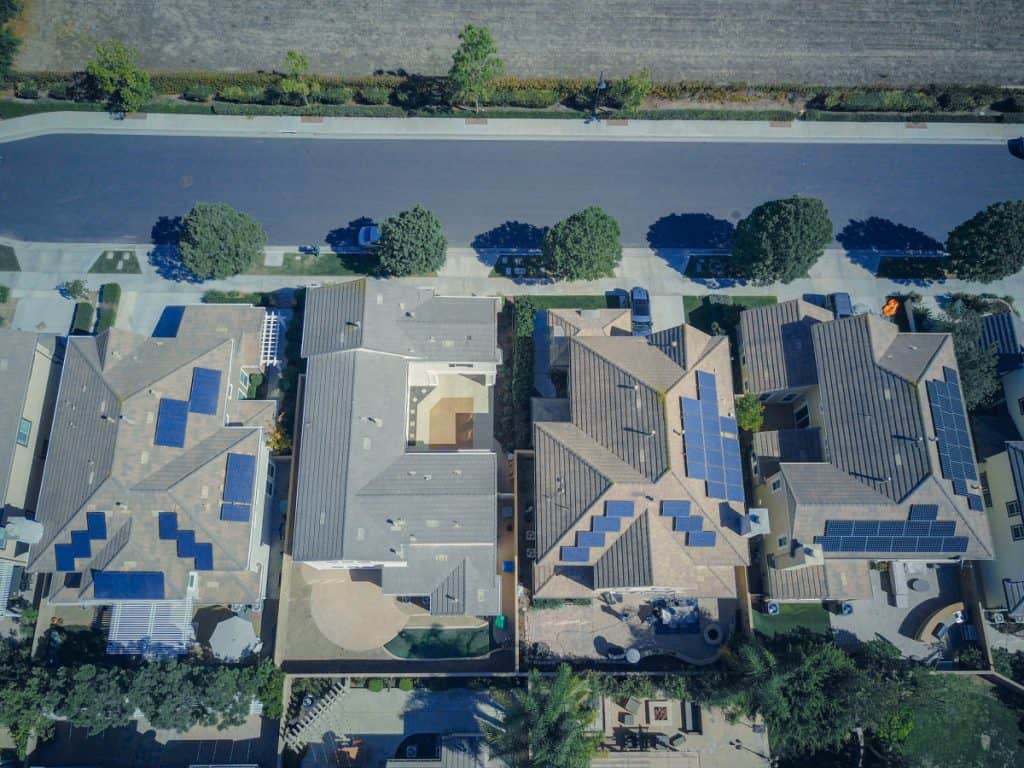
After having inspected a property you’re considering buying, the next step is to get your solicitor to review the contract. One aspect they will check is whether or not there are any covenants on the property.
What is a covenant?
A covenant was the first example of town planning. The wider meaning of the word covenant is ‘promise’ but in the context of property it describes restrictions to the way property owners can utilise their land.
Covenants are rules or obligations imposed on the property title rules which the title owner must abide by. The obligations include how many dwellings can be built on a block, the permitted height of a dwelling, or even that the property may not be used for the making of pottery or tiles.
Covenants can be positive/non-restrictive or restrictive.
Positive covenants
A positive covenant refers to an action you need to take. Positive covenants are generally used to ensure a level of quality and unity in newly established areas lacking established infrastructure. Examples include:
- erecting a fence around the boundary of your property; and
- ensuring that your home is built within certain guidelines within a certain period of time (common for the establishment of new suburbs).
Restrictive covenants
A restrictive covenant limits the way an owner can use the land. This type of covenant applies to all owners over time and runs with the title. Whilst it can possibly be removed, it does not expire like a positive covenant might.
Examples of restrictive covenants include:
- requiring certain external features on a building e.g. the street facing 25% of the property in XYZ Estate be rendered using or built from certain materials;
- limiting the number of buildings on a block;
- limiting the size of a building built on the land;
- requiring that a building built on the land (excluding outbuildings) be of a minimum size;
- not allowing business to be conducted at the house.
Should I care about covenants?
You do need to know what covenants are on the property and if there are how they will affect your future plans. The covenant may not make a difference to the way you want to use the property. However, you’ll be in a difficult position if you plan to construct a multi level building on the land or subdivide the land and discover after you’ve bought the property that a covenant prevents you from carrying out your plans.
Is it possible to remove a covenant?
It is possible to remove or vary a covenant however it is generally done by an application to the Supreme Court of NSW which can be very complex and expensive with an uncertain outcome. For example, one applicant sought to remove or vary a covenant on their land restricting the height of a building. Technically the applicant ‘won’ as the Court allowed for a variation to the height restriction. However, it was a pyrrhic victory as the increased height allowance was insufficient for the applicant to construct a two storey dwelling.
It is possible to apply for planning permission through your local council who have the ability to amend a covenant. However, the process for such an application is generally complex and requires consent by all owners affected by that covenant (which can be hundreds of owners).
What now?
You’ll want to make an informed decision on all aspects of a property before making an offer. Contact us to review the contract to ensure that you fully understand what if any covenants may affect it.




